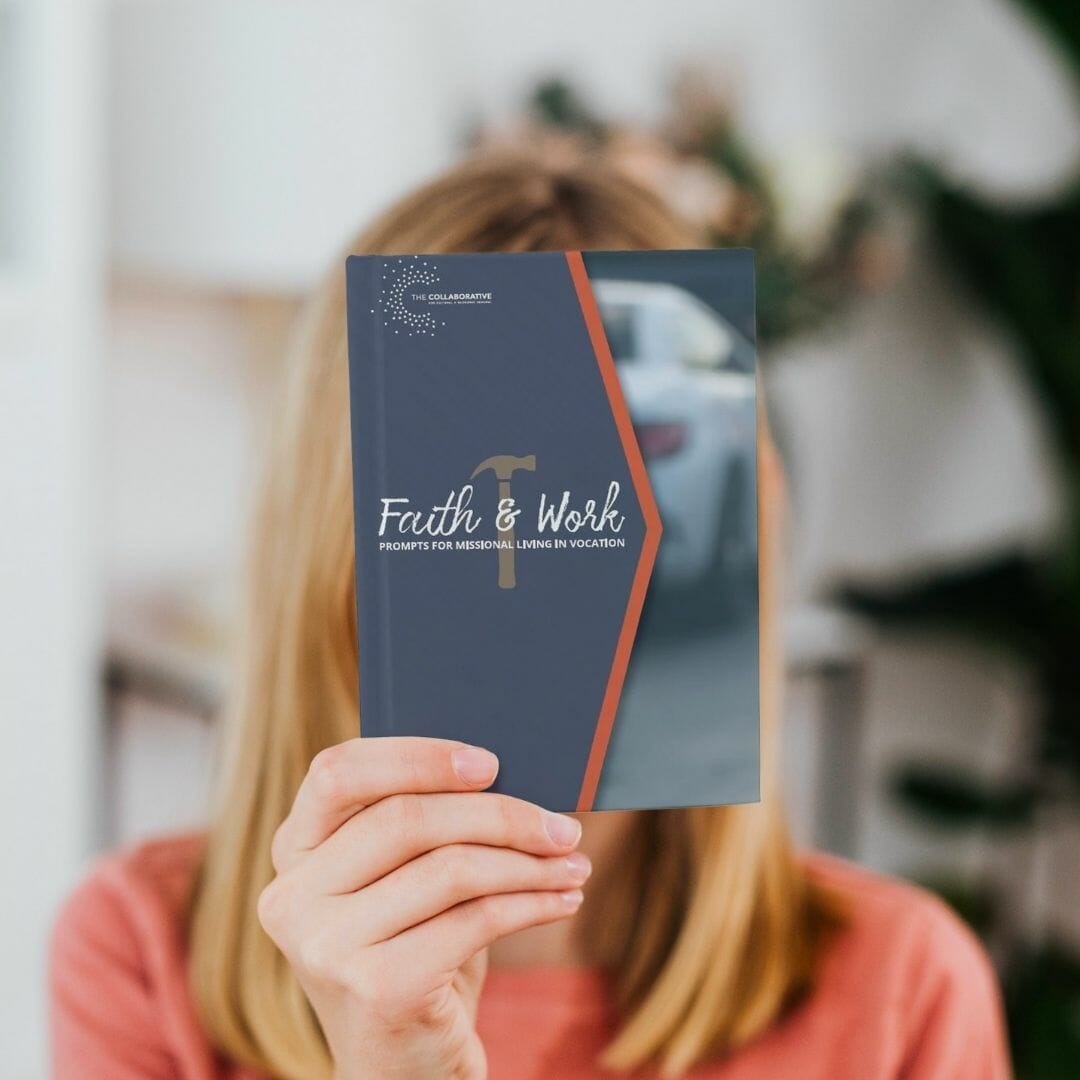This week’s blog post is featuring one of our own, Harold Armstrong, who in the past couple of years has really upped his value add in his job and to the company, Nemour’s Children’s Hospital (Orlando.) This is no small feat especially given how unwieldy large hospitals can be. From his Gotham Fellowship (a nine-month, faith and work intensive study program offered by The Collaborative) experience and the program’s challenge to create a cultural renewal project that would directly impact his profession, Harold began putting his decades of experience to work while at the same time considering it through redemptive lenses. The result has significant transformational possibilities.
Harold has been involved in ministry for years in a variety of capacities—pastor, associate pastor, and a college president for a time. Currently, he is the lead chaplain for Nemours Children’s Hospital in Orlando. Having always been passionate about helping people, for Harold, the chaplaincy is a natural extension of nearly a lifetime of being involved in caring for people in difficult circumstances.
Cultural Renewal in Medical Care
For the past three years in his role as chaplain, he has had the opportunity to minister to many suffering children and families as well as the medical staff and professionals he meets with on a daily basis. Harold says, “I learn a lot from the folks I work with whether they are Muslim, Hindu, Christian, or possess no faith. Nemours Children’s Hospital is not a religiously oriented institution, but it has lots of folks with spiritual depth and concern.”
Harold joined the Gotham Fellowship at the suggestion of his wife, a Gotham alum herself. He found the theological discussions stimulating and was inspired by the program’s focus on creating a Christian culture within the communities we live and work. He goes onto say,
“…Gotham really underscored what I already believed, that we need to be ministering in the workplace. Just expecting people to come to church to be ministered to is not sufficient. It is a very important part of Gotham to know that we need to be in the community serving and being spiritual influences.”
As a part of the Gotham Fellowship the participants are challenged to present ways in which they can integrate their faith daily within their specific field. Identifying prominent idols and issues within our industries provides great insight into understanding aspects of our professional fields that we may take for granted or never really noticed. This culminates into a year-end Cultural Renewal Project.
Second Victim Care Program
Harold’s project centered around the development of a second victim support group at Nemours Children’s Hospital. The concept of second victim is still relatively new within the medical community, but it is applicable to many fields that deal with trauma. In the medical field, the first victim is the patient and their family making the second victim the EMT, nurse, doctor, or other medical professionals involved in what is called a critical incident. These are unavoidable situations where a patient dies or is permanently impaired. The attending medical professionals often incur their own serious trauma as a result, making them the second victims. Dealing with life and death each day is incredibly demanding and is the root cause of much physical, emotional, and mental stress. This kind of intensity is not sustainable resulting in unnecessary early retirements and/or depression. Harold says, “I have seen many promising professionals become seriously depressed, loose focus, and occasionally some become suicidal. If we can help save some of these doctors, we will enhance medical care on one hand and on the other hand we keep people from interrupting their promising careers.”
The main idol Harold identified within his field was pride. He said, “You have doctors, pastors, councilors, chaplains, or others who do not want to admit their own weakness. A lot of times it is the most subtle thing that keeps people from getting help when they need it. Even though they know they are in trouble, they are afraid. Their fear is that if they tell somebody they will lose their job or they will not be held in high esteem as they once were. As the old saying goes,
“pride goes before a fall,” and it holds itself high in the medical profession and it’s tough to break through that.”
After much research Harold started a second victim committee at Nemours Children’s Hospital. This committee identifies hospital personnel who exhibit symptoms second victims, and then they match them up with a peer—doctor to doctor or nurse to nurse, never a supervisor with someone they supervise. In the peer to peer structure, someone can walk with the second victim through that process while encouraging and helping them get the support they need.
One of the primary positive results has been seeing how this resonates with people and how it is capturing their attention. The response has been encouraging. “We now have a team focused on working the best plan for creating a delivery system so that we can identify doctors or medical care personnel who need help and then a way of supporting them through it,” says Harold. He continues, “We’re not fully there yet but it took a year of just talking about it around the hospital before folks finally agreed that this was important. It’s a slow process, slower than I’d like but I would say we have made a lot of people more aware. One doctor has even requested to be reassigned from the head of a treatment group to be able to put more effort and time into working on this program.”
Loving Doctors As Your Neighbor
We are all called to serve one another, to come alongside each other and bear each other’s burdens. In fields where daily routines involves trauma and devastation there are many burdens to be shared. Harold’s recognition and significance of the second victim will serve as a model of what it means to love thy neighbor. This is a win-win for all involved. Nemour’s gets a healthier labor force, medical professionals get the necessary safeguards for their life saving work, and Harold is flourishing—“just knowing that I’m fulfilling what I believe God gave me as a gift of compassion, care, and concern…when I’m involved in helping people, being there, providing spiritual and emotional care to folks going through difficult moments in their lives I’m fulfilling God’s call in my life.”
Emily Matteson, a bamboo farmer, aspiring travel writer, and a millennial with a fresh voice on important matters.




